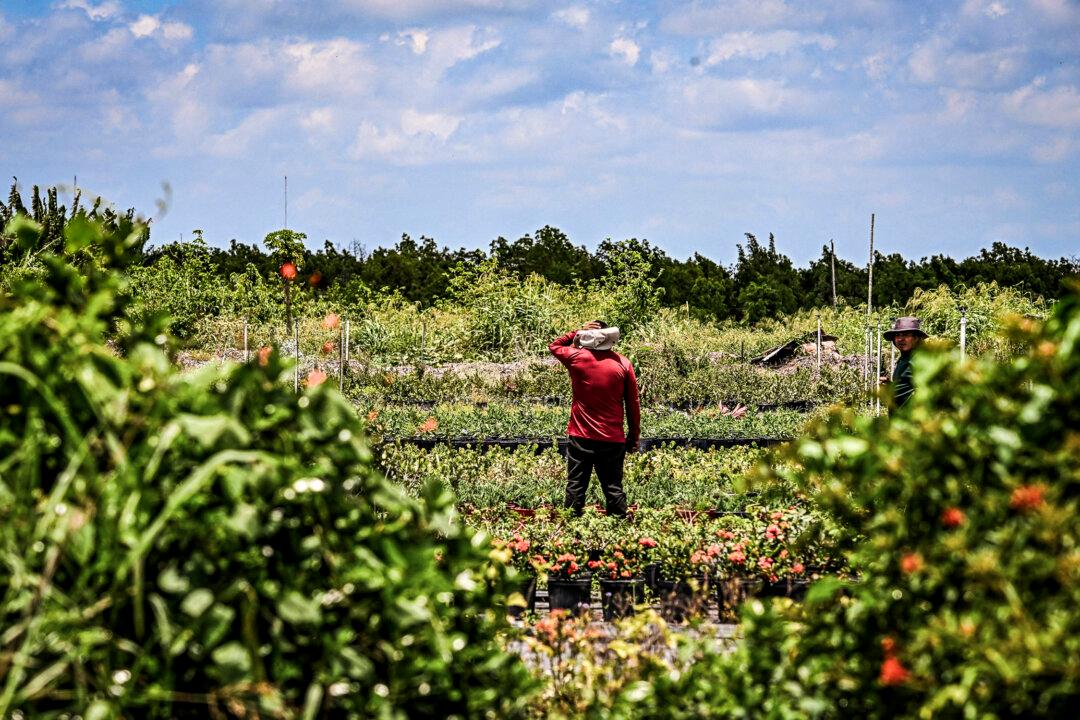A coalition of 17 states is suing to keep the Department of Labor from granting foreign farm workers certain labor rights that it says even many American workers don’t enjoy.
At the center of the lawsuit, filed June 10 at the U.S. Southern District Court of Georgia, is a proposed rule aimed at offering many protections for agricultural workers employed in the H-2A temporary worker visa program.





